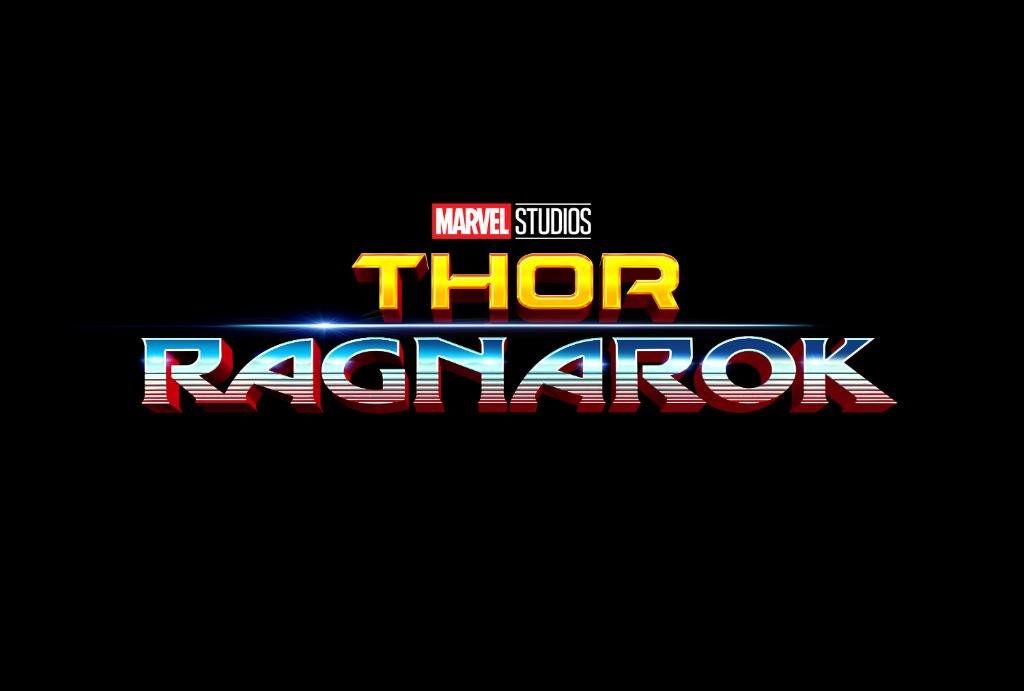 It was obvious a couple movies ago that the folks at Marvel Studios perfected the recipe for success. They are not out to win awards or recognition: Marvel simply makes popcorn movies that you can take your children to and, for two hours, laugh, cry and have a grand time. If the recent Spider-Man movie was not a strong enough example, Thor: Ragnarok substantiates that point. Tossing aside the dark cinematography of Thor: The Dark World, director Taika Waititi presents a universe inspired by a generation who grew up in the 1980s. Ala Netflix’s Stranger Things, the third entry in the Thor series is filled with 1980s pop culture references from Banner’s tee shirt, title logo design, to Led Zeppelin’s “Immigrant Song.” Adam Sandler was among the first to cash in on this demographic two years ago with Pixels and, what was obvious beginning with Spider-Man: Homecoming, Marvel will no doubt continue to cash in on the same.
It was obvious a couple movies ago that the folks at Marvel Studios perfected the recipe for success. They are not out to win awards or recognition: Marvel simply makes popcorn movies that you can take your children to and, for two hours, laugh, cry and have a grand time. If the recent Spider-Man movie was not a strong enough example, Thor: Ragnarok substantiates that point. Tossing aside the dark cinematography of Thor: The Dark World, director Taika Waititi presents a universe inspired by a generation who grew up in the 1980s. Ala Netflix’s Stranger Things, the third entry in the Thor series is filled with 1980s pop culture references from Banner’s tee shirt, title logo design, to Led Zeppelin’s “Immigrant Song.” Adam Sandler was among the first to cash in on this demographic two years ago with Pixels and, what was obvious beginning with Spider-Man: Homecoming, Marvel will no doubt continue to cash in on the same.
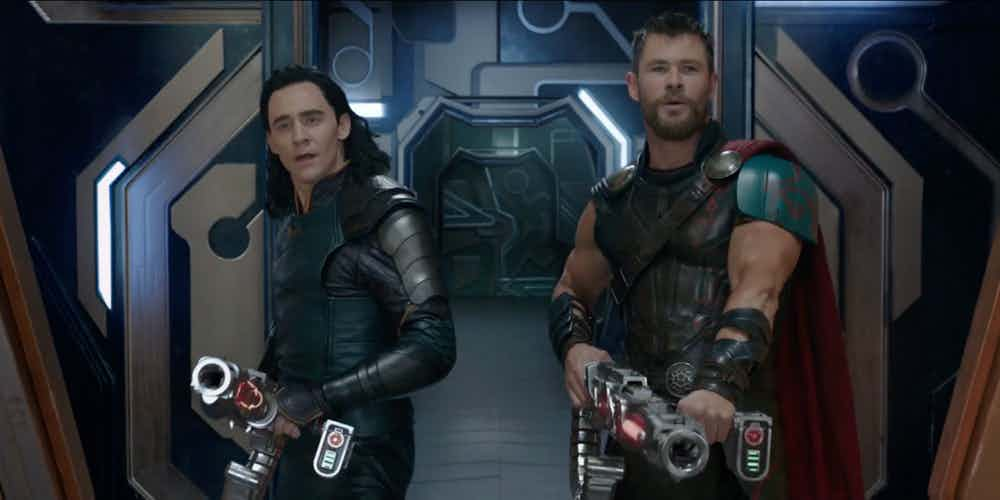 Thor: Ragnarok will be Marvel’s 17th consecutive number one opening, crushing the competition and becoming a force to reckon. Other movie studios may have to scrutinize the 2018 and 2019 release schedule in advance to avoid releasing their comic book adaptations on the same weekend as Marvel. The first Thor debuted with $65.7 million; the second with $85.7; and this weekend the third installment is projected to pass $120. Do not, however, assume each installment will continue to outpace growth percentage; Warners is bringing together Justice League next weekend and fans may have rushed to theaters this weekend because they cannot attend a double feature next weekend.
Thor: Ragnarok will be Marvel’s 17th consecutive number one opening, crushing the competition and becoming a force to reckon. Other movie studios may have to scrutinize the 2018 and 2019 release schedule in advance to avoid releasing their comic book adaptations on the same weekend as Marvel. The first Thor debuted with $65.7 million; the second with $85.7; and this weekend the third installment is projected to pass $120. Do not, however, assume each installment will continue to outpace growth percentage; Warners is bringing together Justice League next weekend and fans may have rushed to theaters this weekend because they cannot attend a double feature next weekend.
Disney executives, with the power to control distribution, are using the muscle of Thor: Ragnarok to justify larger percentages. Theater chains have been told by Disney that new terms dictate 65 percent of tickets sales, not 60, beginning with next month’s Star Wars: The Last Jedi. Such business only jacks up the price of tickets.
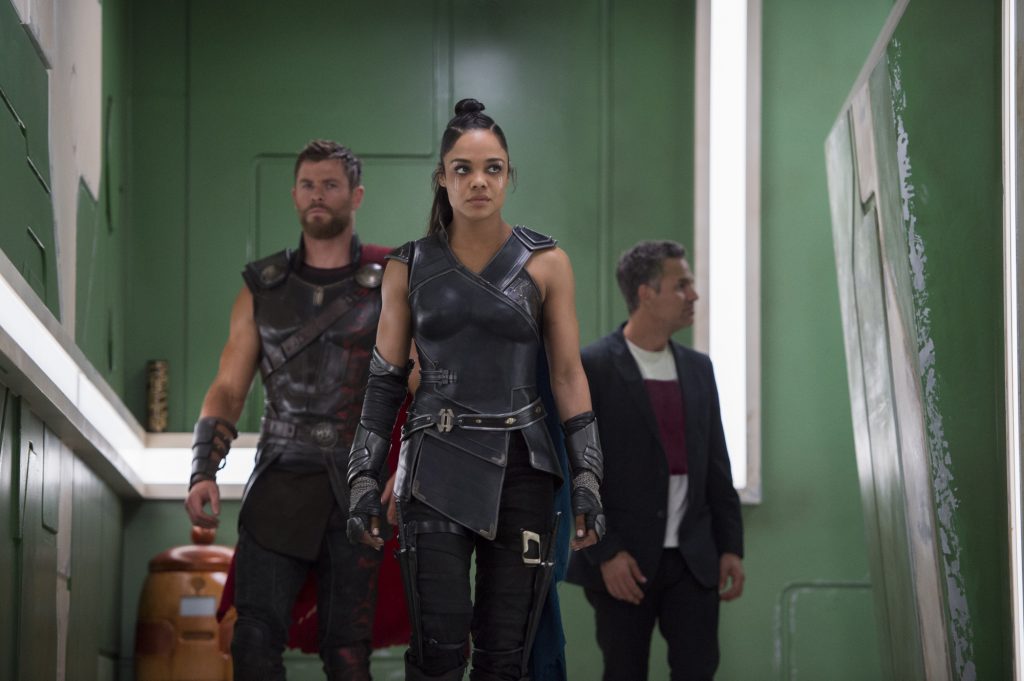
The latest entry, which should have been titled Thor: His Worst Day Ever, the God of Thunder finds himself chained and imprisoned by Surtur, his hammer destroyed, his people forced to flee from Hela, forced to participate in gladiator matches against The Incredible Hulk, and forcing himself to ally with his brother Loki in a scheme that could destroy his homeworld. Joining the forces of good are “The Revengers” (Thor’s joke referencing The Avengers) are Bruce Banner and Valkyrie, a bounty hunter with a secret past.
In the comic books, Valkyrie was bisexual, a major participant in Marvel’s The Defenders series, died, and was later brought back to life by Doctor Strange. Her story, interlaced throughout the comics, is so complex it would take a professor with a Ph.D. to document and clarify. In Norse mythology, she had the power to decide who should live and die in battle. In Thor: Ragnarok, her sexual lifestyle was shelved for a family-friendly and family-approved rendition. The death of a fallen comrade in a brief flashback would remind faithful readers of the comic books that she was bisexual, suggesting her “partner” died in battle, but imagery in the movie suggests otherwise for those, not in the know. Valkyrie is referred to as “Scrapper Number 142” in one scene… so you can impress your friends that this appears to be a nod to The Incredible Hulk issue 142, where the first incarnation of her character appeared in the Marvel comics.
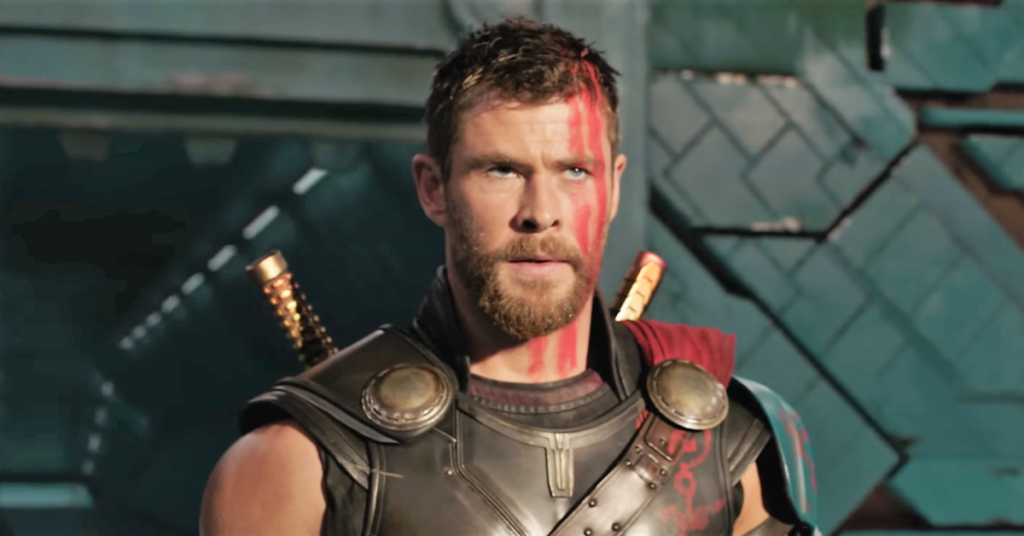 This is not to say Disney had no involvement in politics or production: Thor, trying to impress Valkyrie in one scene, confesses he supports women’s equality in the military. Kong attempted to stage a revolution. The Grand Master (played by Jeff Goldblum) attempts to use virtual technology and social media to brainwash the citizens. And thanks to Disney you will see a couple nods to the Star Wars franchise in the opening scene.
This is not to say Disney had no involvement in politics or production: Thor, trying to impress Valkyrie in one scene, confesses he supports women’s equality in the military. Kong attempted to stage a revolution. The Grand Master (played by Jeff Goldblum) attempts to use virtual technology and social media to brainwash the citizens. And thanks to Disney you will see a couple nods to the Star Wars franchise in the opening scene.
Speaking of Easter Eggs (relax, never any spoilers here), be prepared to watch Korg (i.e. rock monster forced to participate in the arena) in a number of scenes — Korg was the first villain to combat Thor in the comics. Here, he proves to be a faithful friend than foe, and the rock monster not only provides comic relief but is also voiced by the director.
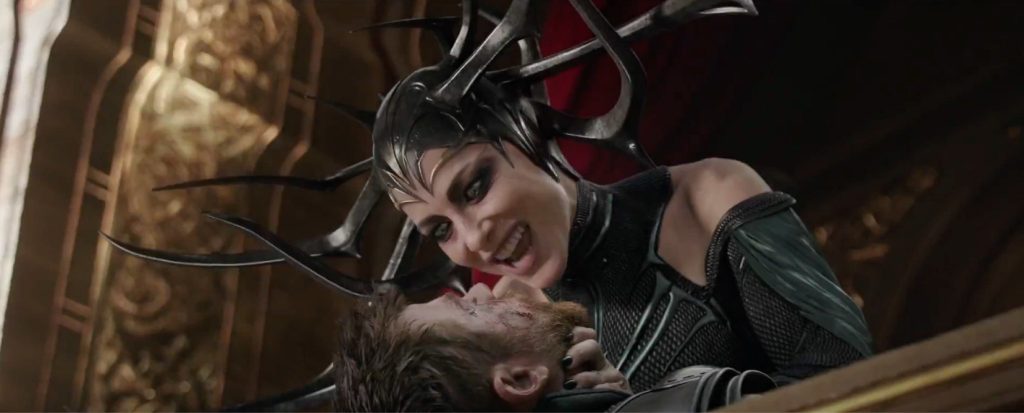
It was great to see Doctor Strange again, now more confident in his role as protector of the nine realms, and more mystery to our heroes who find themselves with nowhere else to turn. Thor knows little about the sorcerer, and Strange prefers to keep it that way.
The real scene-stealer in this movie is Cate Blanchett, the first female villain in the Marvel Cinematic Universe, and perhaps the best villain in comic book movies since Heath Ledger as The Joker in The Dark Knight. She plays the role flawlessly, with heartless malice, and in no time does it take youngsters to realize she is a woman to fear more than Loki.
While some may consider Joss Whedon’s influence on recent Marvel movies to become too silly, the comedic relief throughout this film is a welcome relief compared to the Dark Elves saga. The jokes are in all the right places. With but the exception of a few vulgar words (“hell” and “damn” and one “shit” among the mix), this movie provides competent story-telling, simplistic in execution, and proves that “fun” is not a dirty word.
Note:
Two post-credits sequences are worth waiting for — one a teaser setting up the next Avengers movie.




